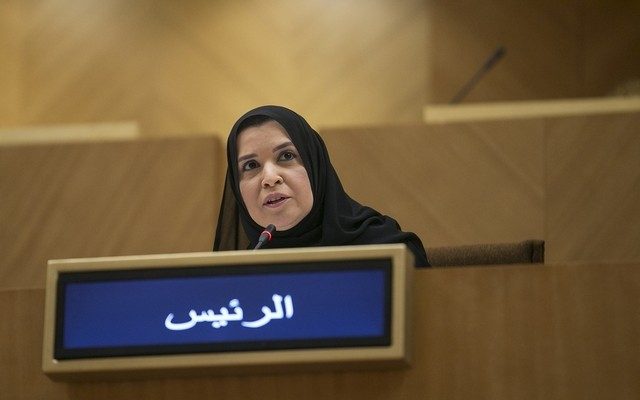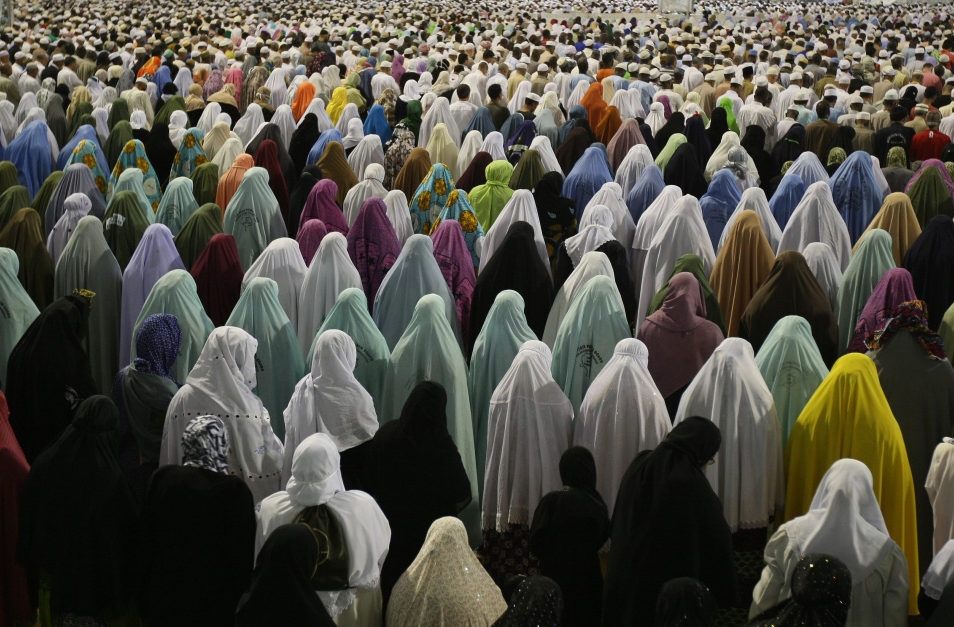Amal al-Qubaisi, President of the UAE Federal National Council In the United Arab Emirates (UAE), the government restricts men and women’s rights as voters and political candidates. In 2006, the government instituted a public voting process for the country’s 40-member parliamentary body, the Federal National Council (FNC), for the first time. However, authorities have[…]
On 27 May 2014, Saudi Arabia’s Specialized Criminal Court sentenced Ali Mohammed Baqir al-Nimr to death by beheading and crucifixion. On 17 August 2014, the Supreme Court upheld his verdict. Ali’s execution is imminent. With no remaining avenues for legal appeal, the only thing that prevents the sentence from being carried out is King Salman’s[…]
The Bahrain National Institute for Human Rights (NIHR) failed to attain accreditation under the Paris Principles, instead earning a “B” status. The Global Alliance of National Institutions for the Promotion and Protection of Human Rights’ (GANHRI) Sub-Committee on Accreditation (SCA) recently released its report detailing the reasoning for the status. While the SCA welcomed the[…]
In the past three years, the total number of people facing a travel ban in Kuwait has reached 239,911. In 2015 alone, Kuwaiti authorities ordered a total of 182,397 travel bans. Kuwait General Department of Sentences Enforcement statistics show that officials issued 22,616 travel bans during the first quarter of 2016. These bans make it[…]
Bahrain’s Ministry of Islamic and Judicial Affairs has announced a new policy requiring Bahraini women under the age of 45 must be accompanied by a male guardian in order to hajj, a religious pilgrimage in Mecca. Local newspaper Al Wasat has reported that the new policy will be implemented in 2017. The restriction is one[…]









